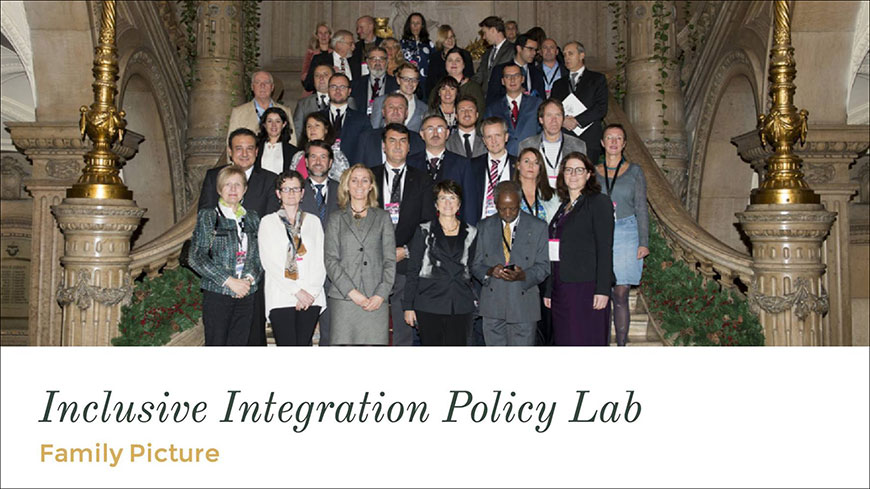How can inclusive integration policies of cities contribute to a better management of migration at national level? Inclusive integration is about both ensuring a framework for equal rights, responsibilities and opportunities, and fostering intercultural interaction, understanding and participation. The former is primarily the task of national authorities; the latter relies on cities. For inclusive integration to happen, both governance levels must cooperate.
Still, local and national policies may go in different directions and address different priorities. Nowadays, national integration policies in Europe are becoming more restrictive while local policies are generally more inclusive, favouring a situation which makes it particularly challenging to conceive and implement effective policies ensure human rights, equality and non-discrimination, and at the same time unlock the potential of diversity for the development of cohesive societies. It is therefore essential to put in place constructive and continuous dialogue between local and national authorities, to build coherent policies and an effective multi-level governance of integration and diversity management, with a long-term approach.
This has been the main conclusion of the first international session of the Policy lab for inclusive integration, an initiative launched by the Intercultural Cities (ICC) programme to ensure policy consistency and complementarity in the field of inclusive integration and diversity management, and enable transfer of innovation and good practice from local to regional and national levels in areas of competence shared by the different governance levels.
Setting-up a framework for such an ambitious goal is not an easy task, but there are examples of countries that have found the key to success and that could inspire others. Besides, research has demonstrated that countries where integration policies are co-ordinated between the national and local levels, have better overall integration results, and thus more community cohesion, more trust in democratic institutions, more socio-economic development, less populism, and less political and religious radicalism. It is therefore necessary to reflect upon, and explore further, the interlinks between central and local levels to fill-in the communication and co-operation gap.
The first session of the Policy Lab concluded that, for a meaningful dialogue to take place, all relevant ministries and local public authorities should be involved and encouraged to take the lead, committing to: strengthen the human rights and anti-discrimination standards, narrative and actions; work together to reinforce an inclusive diversity agenda, creating partnerships and solidarity through a strong value-based leadership, bridging the local, national and international agenda; align priorities and devise and adopt coherent plans for action; building infrastructures for inclusion and intercultural competence to empower both people and the institutions.
The Council of Europe was identified by participants as the body which could act as broker of such a learning process, encouraging public authorities at all levels to take human rights, together with their related commitments, as a strategic driver for integration policies thus making sure that insights from the success policies of both cities and states contribute to consolidate more inclusive and sustainable societies.




